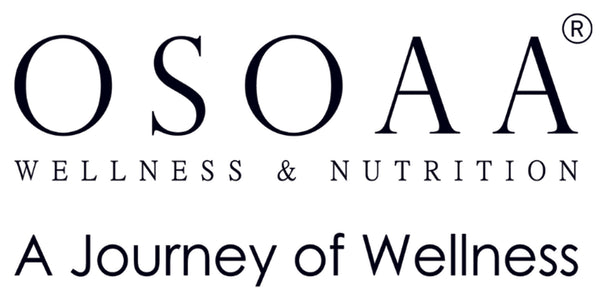Protein is the single most significant nutrient for weight loss and improving body composition. Now after you eat, a number of the calories are used for the purpose of digesting and metabolizing the food. this is often termed as the thermic effect of food. Now although not all sources agree on the precise figures, it's clear that protein features a way higher thermic effect, about 20 to 30% compared to carbs which are five to 10% and fat which is zero to three. If you go with a thermic effect of 30% for protein, it implies that 100 calories of protein only end up as 70 usable calories within the body. This partially helps to boost your metabolism. A study called Boosted or Increase Metabolism helps you burn more calories round the clock, even after you sleep. Combined with several other factors, a high protein intake has been shown to boost metabolism and increase the amount of calories burned by about 80 to 100 per day. Now by making you burn more calories; high protein diets have a metabolic advantage over diets that are lower in protein. Protein decreases appetite and causes you to eat less calories.
Protein can reduce hunger and appetite by several different mechanisms. Now this may cause an automatic reduction in your calorie intake which is essentially important for weight loss. Numerous studies have shown that when people increase their protein intake, they begin eating fewer calories. This works on a meal-to-meal basis as well as a sustained day to day reduction in calorie consumption as long as protein intake is kept high. In one study, protein at 30% of calories caused people to automatically drop their calorie intake by 441 calories per day which can be an enormous amount. So high protein diets not only have a metabolic advantage, they even have an appetite advantage, making it much easier to chop calories compared to low protein diets. Protein causes you to reduce and helps you maintain it. Protein works on each side of the calories in, calories out equation. So, it helps you take fewer calories in and it helps you push more calories out. For this reason, it is not surprising to ascertain that prime protein diets cause weight loss, even without intentionally restricting calories, portions, fat or carbs.

Now that being said, losing weight is not the foremost important factor anyway. It's keeping it off in the future that actually counts. many folks can go on a diet and lose weight, but most end up gaining the weight back. Studies show that a high protein intake can help prevent weight regain. Now in one study, a modest increase of protein intake from 15 to 18% of calories reduced weight regain after weight loss by 50%. So not only can protein assist you lose weight, it can also assist you retain it off in the future. Protein helps prevent muscle loss and metabolic slowdown. this is often a very critical point for you to recollect. Weight loss doesn't always equal fat loss. once you reduce, muscle loss tends to be lost also. this is often a side effect of weight loss you are doing not want because a loss in muscle mass leads toward a reduced rate or metabolism. So, in other words, you wind up burning fewer calories than you almost certainly did before you lost the weight. This is often one of the main reasons weight loss plateaus. Your body adjusts to a lower calorie intake by burning fewer calories itself. Now this is often mentioned as starvation mode which was beneficial back in the hunter-gatherer days when food was scarce.
Eating lots of protein can reduce muscle loss which should help keep your rate higher as you lose body fat. Strength training is another major factor which can reduce muscle loss and metabolic slowdown when losing weight. Now muscle growth is stimulated and supported by protein consumption. So, for this reason, a high protein intake and weight training, or also referred to as resistance training, are two incredibly important components of an effective weight loss plan. When it involves fat loss and building muscle, protein is the king of nutrients. By replacing many foods in your diet with higher protein alternatives, you tip the carries-in versus carries-out balance in your favor. Just keep in mind that calories still count. Now proteins are often really beneficial, but you'll not lose any weight if you are doing not eat fewer calories than you burn. Eating breakfasts with protein can assist you reduce belly fat. Protein from foods sources is found to be inversely associated with belly fat. this suggests that the upper amount of protein foods you eat, the lesser will your belly fat be.
Foods rich in protein also help in speeding up your metabolism. An efficient metabolism makes it easier to reduce. It helps in burning more calories. you must confirm that you don’t skip breakfast, it's the most important meal of the day. and try to include protein-rich foods in your breakfast like fish, eggs, meat, nuts, seafood, milk, etc. Adding these foods can prove to be very beneficial for you as they’ll make the weight loss process a lot easier. Our body is formed of two different sorts of masses: lean mass which incorporates organs and muscles and fat mass which constitutes fat. When we’re losing weight it's ideal that we lose the fat mass and not the muscle. And eating a diet that comprises of protein and fiber can help us achieve just that.

